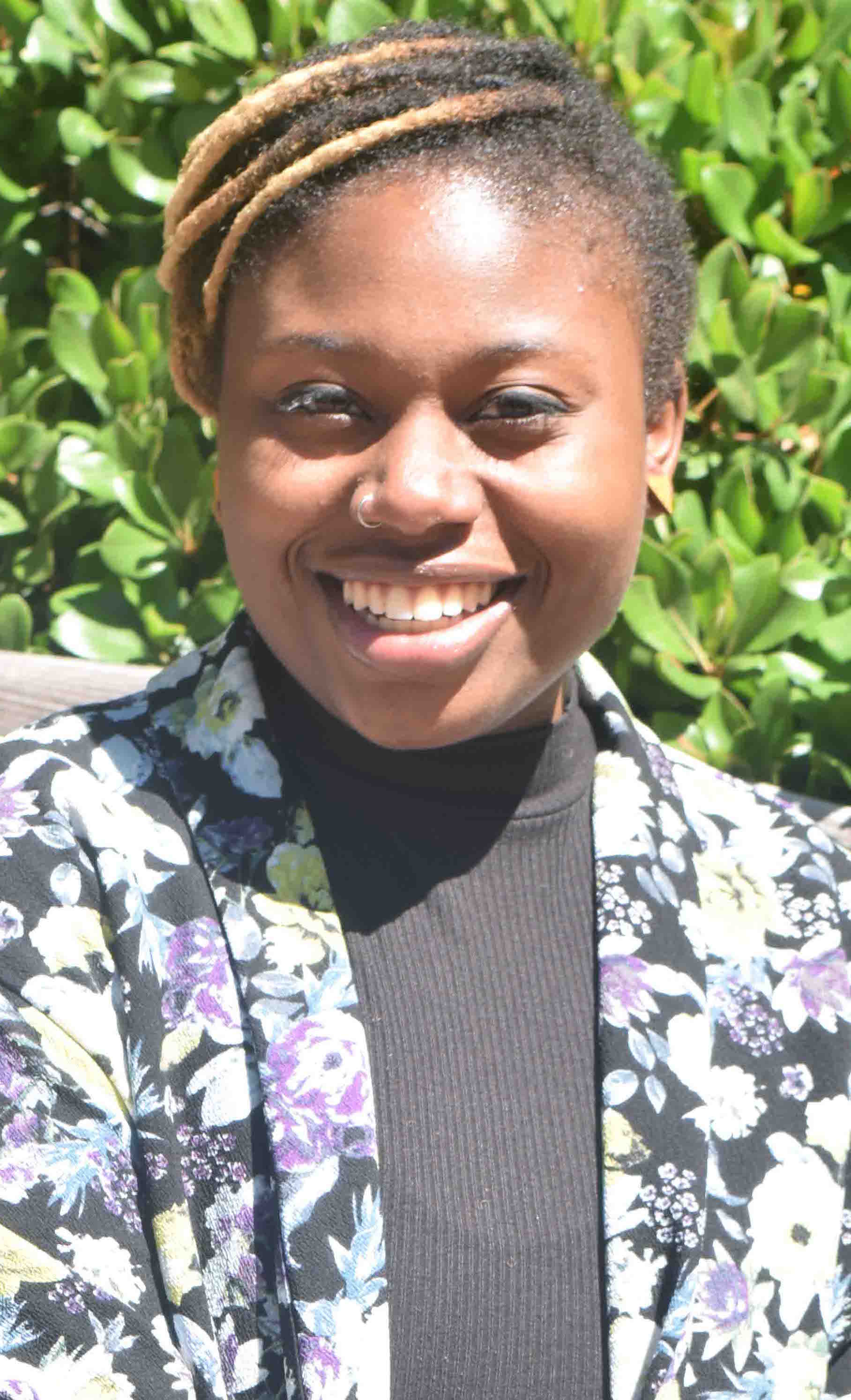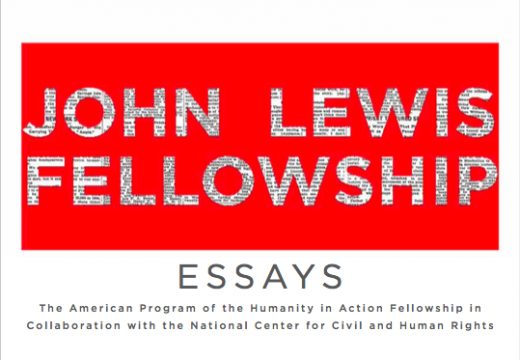Details
Article
Growing up as a black woman in the United States gave me a unique education in shame and self-hate. I was made to feel ashamed of my hair and hate its texture. I was made to feel ashamed of my skin and hate its darkness. Each message gathered from media, classmates, and literature became entangled with my identity and my perception of myself. Who I was became something that I could construct from media and insults. Needless to say, my perception of myself was not always positive. I felt that I had to apologize for myself, my existence, and for everything that made me deviant from the norm. Undoing this internalized self-hate was a process that took years and this program has helped me come to the realization that I don’t have to apologize for my existence. Through the exploration of systemic racism and activism, I have come to know the meaning of unapologetic.
I don’t have to apologize for my existence.
to be unapologetic is to act in a manner that lacks shame or remorse.
The first step to understanding what it means to be unapologetic is to explore and acknowledge the blatant atrocities committed by those at the top of the power structure. For starters, to be unapologetic is to act in a manner that lacks shame or remorse. This can look like many things. In the case of the United States Federal government, it looks like the Trail of Tears, slavery, Jim Crow, internment camps, police brutality, Muslim bans, and Transgender military service bans. It looks like setting the bar for citizenship so high that those at the bottom would need to step on each other to reach it.This is a form of toxic unapologeticism that forms the foundation of the American project. In fact, the USFG was founded on the unapologetic oppression of Indigenous people. Dr. Saito beautifully illustrated the ways that white settler colonialists came to an already occupied space, wiped out nearly all of the occupants, and then had the audacity to white-wash their own actions in the retelling. There was no apology to the Cherokee for forcefully removing them from their land. There was no apology to the children they stole and then forced to engage in the learning of whiteness. These atrocities were committed with little to no care for the lives that were ruined or taken away. However, no one was ever held accountable for these actions or made to apologize for them. So the atrocities continued and became embedded into the fabric of this country. A fabric that is red with the blood of the dead, white-washed of its sins, and blue with the tears of the survivors.
She was unapologetically black and unapologetically angry. Her anger was tangible, real, and valid. Her words carried the weight of centuries of struggle endured by black women.
It is easy to study and analyze this type of systematic racism and oppression, but it is far harder to oppose it. Yet, I am so grateful to the unapologetic people that did. In this context, being unapologetic is not a license to harm others, but a rallying cry for activists that want to step up and claim their humanity. The MLK’s, Malcolm X’s, Dr. Rosalyn Pope’s, and Dorothy Height’s of the world did their work because it needed to be done. They never once apologized. This ethic of unapologetic activism continues in the face of unapologetic racism. Black Lives Matter, for example, openly calls out the government and the police for their continued murder of un-armed black citizens. In Mary Hooks’ “The Mandate: A Call and Response from Black Lives Matter Atlanta,” she is very clear about the goals and intentions of Black Lives Matter and does it with a forcefulness that is normally stripped from black women. She was unapologetically black and unapologetically angry. Her anger was tangible, real, and valid. Her words carried the weight of centuries of struggle endured by black women. She personified the pain and anger that so many black woman felt, but were unable to express for fear of becoming the “angry black woman” stereotype. This stereotype is so pervasive that for years black women donned the shroud of respectability just to be heard. I must be clear that I don’t say this to diminish the women that used such a tactic. In fact former Atlanta mayor, Shirley Franklin, proved just how useful it was to sometimes play the game. Rather, I point this out to highlight the fact that such a tactic was necessary at all. The notion that black women, and black people in general, needed to be respectable to be heard is one that is frequently used to denounce protestors today. The awareness of this oppressive concept is what makes the unapologetic anger of Mary Hooks that much more refreshing and freeing.
Learning to be unapologetic is a form of radical self-love.
The unapologetic characteristics of the activists that opposed racist structures, in tandem with the fellows I met through this program, inspired me to explore this word for myself. What would it mean for me to engage in being unapologetic and formally un-apologizing? In my own context, learning to be unapologetic is a form of radical self-love. By that, I mean that it is the act of knowing and loving the most authentic parts of my identity. This would include my skin color, my body type, my gender, the way I think, the foods I eat, and so much more. It’s beyond merely liking myself, but actually learning to love the parts of me that I was taught to hate and actively separate myself from. This is important because it forms the first step to restorative justice.
Unapologetically reclaiming your dignity and your selfhood in the face of oppression is the best form of restorative justice and the only way to achieve transformative justice.
As a concept, this program has made it clearer that restorative justice is not an end goal. Rather, it is a means to an end. Restorative justice, to me, is the process of restoring dignity back to those that have systematically been stripped of their dignity for years. The best way to this is to spread radical unapologetic self-love to the communities that need it most so that they can begin to restore their claim to dignity. From there, we can begin to work on transformative justice, which I would isolate as the true end. Transformative justice differs from restorative justice in its approach to the community and to the past and present. Unlike restorative justice, transformative justice recognizes that there is nothing to really be restored. Justice was never afforded to people of the global majority by white settler colonialists, so it is unclear how they would restore something that never existed. Transformative justice circumvents this issues by acknowledging that the system needs to be transformed in its totality. Embracing radical unapologeticism, then, to fight toxic unapologeticism is the first step in this process. Dr. Carol Anderson summed this up when she said, “Don’t let anyone ever steal your joy.” This means unapologetically reclaiming your dignity and your selfhood in the face of oppression is the best form of restorative justice and the only way to achieve transformative justice.


